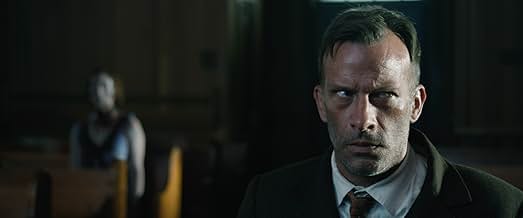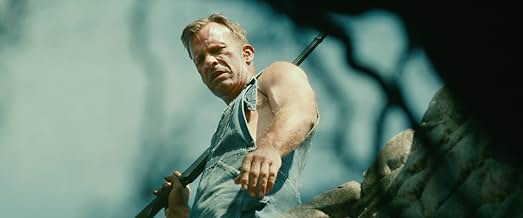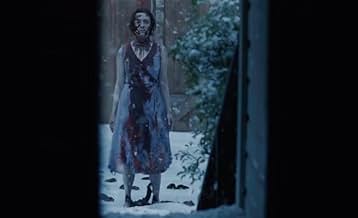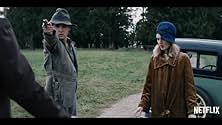In the year 1922, a rancher conspires to murder his wife for financial gain and convinces his teenage son to participate.In the year 1922, a rancher conspires to murder his wife for financial gain and convinces his teenage son to participate.In the year 1922, a rancher conspires to murder his wife for financial gain and convinces his teenage son to participate.
































